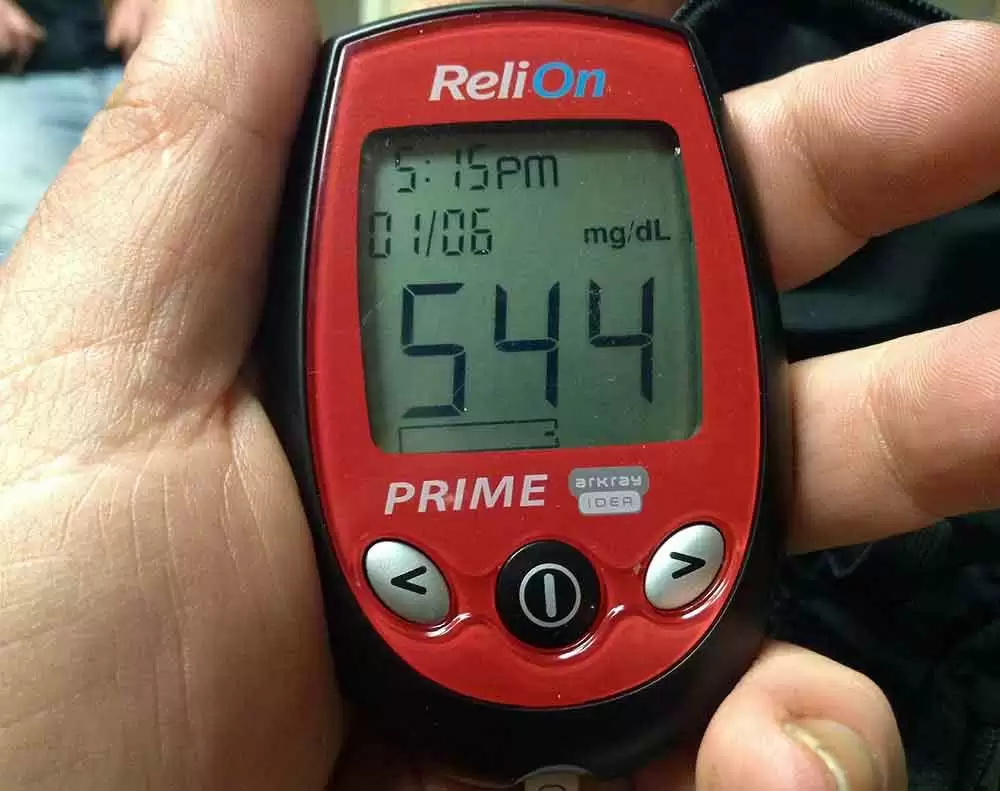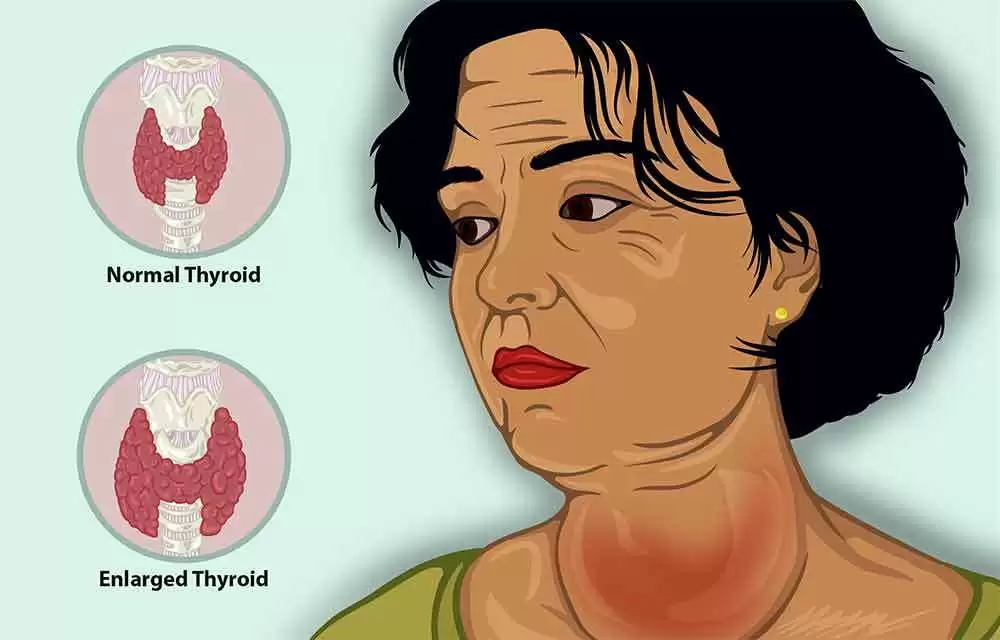
Celiac.com 03/11/2022 - As many of you already know, celiac disease can be associated with quite a few other autoimmune diseases such as lupus, fibromyalgia, Crohn’s, Sjogren’s, multiple sclerosis, diabetes, etc. In addition, celiac disease can also be connected with a few hormonal issues such as thyroid disease (specifically Hashimoto’s), adrenal fatigue, and high/low levels of estrogen. For those with celiac disease and hormonal issues, some of the symptoms you can experience include hot flashes, insomnia, headaches, weight gain or loss, fatigue, muscle spasms, heavy menstrual cycles, heart rate changes, and much more.
There are many ways you can treat hormone imbalances, but many people prefer to first try more natural methods, in the hope of avoiding pharmaceutical medications. For those in this group, nutrition can be an excellent way to help stabilize your body’s estrogen levels and feel better fast. Foods to eat include pistachios, artichokes, cruciferous vegetables (broccoli, Brussels sprouts, kale, and cauliflower), chia and hemp seeds. Simply by incorporating these nuts, seeds, and vegetables into your daily lifestyle, you’ll begin to feel more energetic and have less pain.
Celiac.com Sponsor (A12):
Even if you don’t happen to be living an allergen-friendly life, these foods can definitely be beneficial for hormonal regulation. For those with celiac disease, eating gluten-free foods can help reduce the intensity of your thyroid and adrenal fatigue symptoms.
There are even certain herbs that can be beneficial for your hormone levels, and picking the right once, of course, will depend on your body’s individual needs. From maca, yarrow, red raspberry, ashwaganda, chase tree, black cohosh, mother wart, mugwort, shepherd’s purse, stinging nettle, to burdock. Choosing the right one may help decrease fatigue, lessen menstrual pain, reduce hot flashes, and ease headaches. Be sure to read up on the known side-effects of any of these herbs before taking them, as they may interfere with other conditions you may have, for example ashwaganda can increase your blood pressure.
Lastly, there are certain types of exercises that can help to alleviate chronic pain and adrenal fatigue. Yoga can be a fantastic way to become flexible, strengthen muscles, and balance estrogen levels. Try working out three times per week doing yoga or light dancing.
In summary, many people with hormone imbalances can often find relief with basic approaches, such as exercise, nutritional changes, and adding herbal supplements which can often make a big difference.
References:










.thumb.png.eabcbf293b53562e29623a418e63a07b.png)

Recommended Comments
There are no comments to display.
Create an account or sign in to comment
You need to be a member in order to leave a comment
Create an account
Sign up for a new account in our community. It's easy!
Register a new accountSign in
Already have an account? Sign in here.
Sign In Now